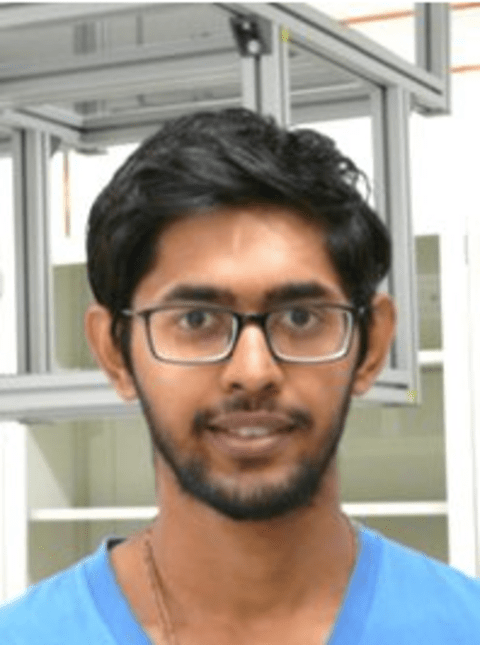CryptoWorks21-SCC Standardization Workshop
CryptoWorks21 at the University of Waterloo, together with representatives from the Standards Council of Canada (SCC) and the European Telecommunications Standards Institute (ETSI), are proud to present a lunch-time standards session.

 Tarun Patel: Photocurrent imaging of charge density wave transitions in ultrathin 1T-TaS2
Tarun Patel: Photocurrent imaging of charge density wave transitions in ultrathin 1T-TaS2  Suspended carbon nanotube (CNT) resonators have demonstrated excellent sensitivity in mass and force sensing applications to date. I will introduce these mechanical resonators, and how they can be combined with magnetic field gradients to realize magnetic moment readout.
Suspended carbon nanotube (CNT) resonators have demonstrated excellent sensitivity in mass and force sensing applications to date. I will introduce these mechanical resonators, and how they can be combined with magnetic field gradients to realize magnetic moment readout.